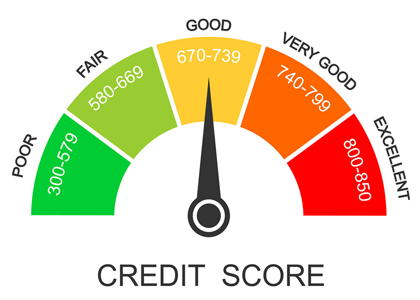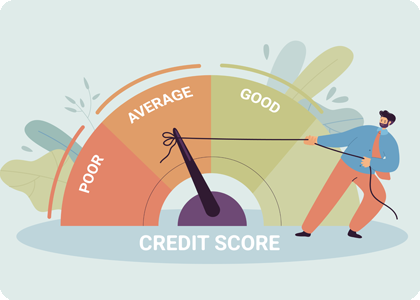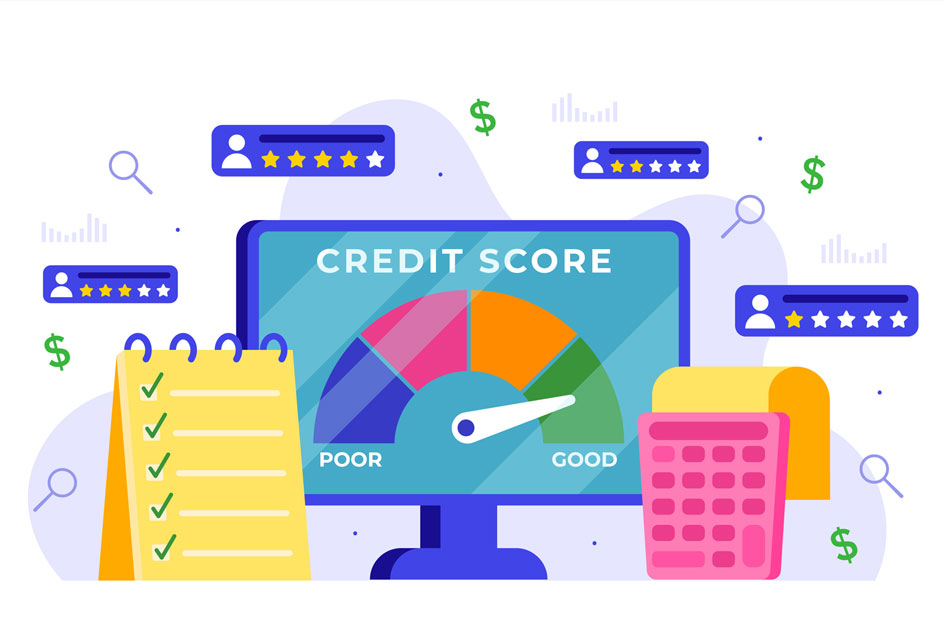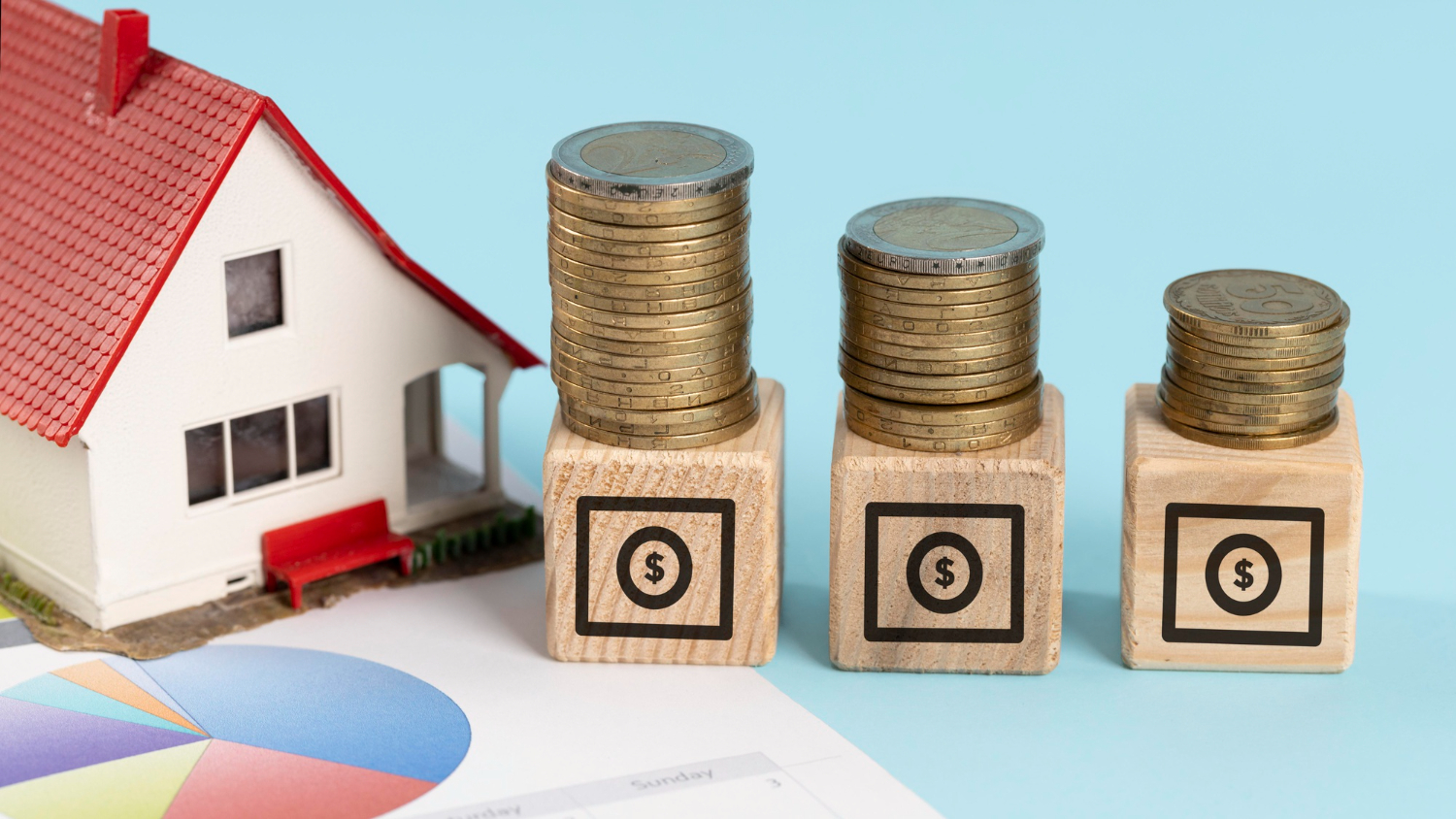A personal loan is a severe financial decision, and out of all the criteria the lenders use to judge you, your credit score perhaps tops the list. It is a three-digit number that will decide the possibility of your loan’s approval and what interest rate you might expect. In general terms, better credit translates to more favorable terms on the loan, and bad credit can even get you rejected or a few interest rates.
The better your credit score, the more powerful you are as long as you consider applying for a personal loan. And to make you strong enough to be able to help you get that, here is the information you need:
The Basics About Credit Scores and Why They Matter
A credit score is a number associated with your financial history that determines your creditworthiness; most scoring models, such as FICO, usually range from 300 to 850. So, the higher the score indicates a better credit history; in this case, you will enjoy a lesser risk for loaners and have other loans with generally even favorable terms. In this converse way, that could turn into a higher interest or even denial when the scores are lower.


How to Improve Your Credit Score
Improving your credit score takes time, consistency, and intelligent money planning. Here are some practical approaches:
Check Your Credit Report
Review your credit report. Mistakes like wrong personal information accounts not belonging to you or late payments that were reported might pull down your score wrongly. The government enables you to get a free credit report once every year from each of the three major credit bureaus: Equifax, Experian, and TransUnion. If you find errors, raise them to shoot your score up instantly.
Pay bills on time
The most significant weightage factor for your score is your payment history, which amounts to 35%. So, pay all your bills on time every time. If you cannot even track them, get the bank to automate them or set reminders. Of course, you won’t pay the whole balance, but that minimum payment will save the penalties and keep the soundtrack of your payment records.
Keep Your Credit Utilization Low
Something else your credit score will want to calculate is how much of the available credit you are using compared to how much available credit you might use relative to your total allowable credit limit. You do not want that number any higher than 30%. So, if you have a total available credit limit of $10,000, the outstanding balance should not exceed $3,000. High balances on your credit cards will probably stay and not accumulate any further pointless spending, so you’ll be working to reduce your utilization ratio over time.
Do Not Close Old Credit Accounts
The more extended credit cards have been around, the more beneficial they are for credit scores. Closing older credit cards appears to be the way to go when cleaning your finances, but you end up causing damage to the credit score. The better the average age of credits, the better the score, so maintaining old accounts open helps with that. So, if you have unused credit cards, just go out, use them, buy a small product, settle the amount, and then save from the interest; that’s what to do.
Apply cautiously toward other credit products
Each time you request, it is a hard inquiry, again depressing your credit score by a small margin. Once it happens within a month or two, the lender takes this as a cause of worry. Apply for credit only when you have to. For example, If you’re in this position because of personal loans, you make your inquiries as close together as possible but far enough apart not to injure them. Everything that goes into one loan at a single, hopefully relatively low, interest rate makes this much easier on your paying end.
Also, as you roll the credit card debt into a loan using some pay-off schedule, that portion you have rolled into is still more manageable. If you pay quickly enough on this consolidated loan, you allow your positive trend to continue. Some things you might be able to do faster to help improve your credit score would be to ask your credit card-issuing firm to increase your credit line since this automatically lowers your credit utilization ratio. Ask someone with a good credit account to let you become an authorized user of his account. An account with good credit is a good influence on your credit score.
Another good option would be rebuilding credit with secured credit cards. Secured credit cards require a cash deposit; using them responsibly will improve your score. Finally, if you have any accounts in collections, pay them off. For some scoring models, paid collections are weighted more favorably than unpaid ones.
Credit scores cannot be raised overnight. Although the benefits that come with it are just enormous. You will improve your profile highly if you consider looking into the credit report, paying all your bills on time, managing debt, and simply being smart while getting new credit.
You don’t fix your credit score in one run. It is something that, over time, gives you the most benefits if you can adopt good habits but gets you ready for that personal loan in excellent shape and well-positioned for long-term success in the financial field.






